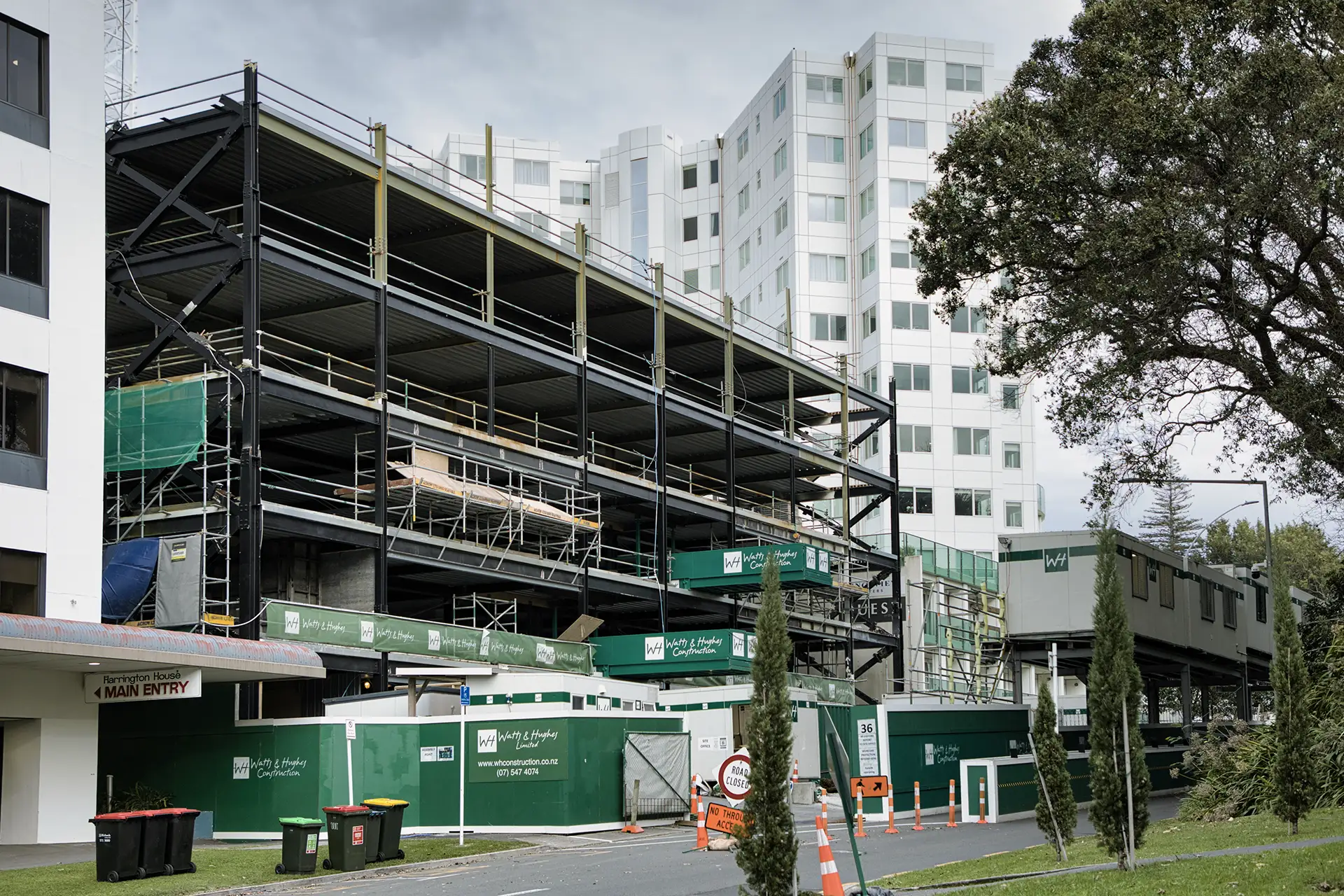Tauranga City Council v Harrison Grierson Holdings Limited [ 2024] NZHC 714 is an interesting High Court case. In brief, Harrison Grierson was engaged to design a carpark which later proved defective. A subcontractor was also involved. The Council sued variously for negligence, breach of statutory duties under the Building Act 2004, negligent misstatement, and misleading or deceptive conduct under s 9 of the Fair Trading Act 1986.
The claim was for in round terms $20 million.
In defence, Harrison Grierson relied on limitation clauses in their contracts with the Council (the contracts were not in fact countersigned by the Council, but it was accepted that contracts existed) and in various related producer statements (effectively opinions as to design compliance).
The Court refined the claim into 3 questions:
- Did the limitation clauses operate in respect of Building Act duties?
- Did s 5D of the Fair Trading Act 1986 allow for the operation of the limitations in respect of s 9 conduct?
- Did the limitation clauses apply in respect of negligent misstatements?
The Council and Harrison contracted for the supply of consultancy work pursuant to a standard consulting engineering contract which contained limitations of liability significantly below the $20 million claimed.
In respect of the first question, after a lengthy examination of the legislation the Court held that the Building Act 2004 gave rise to a common law duty on Harrison Grierson to exercise reasonable skill and care to ensure that building work (which in this case, included design work) complied with the building code.
The question then became were the limitation clauses ineffective as illegal contracts under the Contract and Commercial Law Act 2017? To do so, the Building Act had to expressly require that conclusion. The clause limited liability in contract, tort or otherwise.
The Court held that the drafting showed a clear intention to limit liability to all types of liability and therefore all the Council’s claims. After an examination of the Building Act’s terms (no express exclusion of limitation of liability and the contract being a commercial not a consumer contract) and its policy (the underlying duty of care is not affected, just the allocation of potentially insured risk) the Court held that the limitation clauses were not illegal contracts nor were they void as against public policy.
Similarly, the Court held that s 5D of the Fair Trading Act 1986 applied even though the section was not expressly referred to in the limitation clauses. Finally, the limitation clauses in the main contract excluded liability for negligent misstatement the issue being here that the lower limitation of liability in the producer statements because they were not contracts between the Council and Harrison Grierson.
The case made no distinction between contracting parties, i.e. TCC argued that as the Building Act has non excludable duties for residential contracts, this meant that its policy extended to a prohibition on limiting liability for commercial contracts. However, the decision was that liability could be limited for all contracts. The commercial point is that if you are charging $25k to design a $20m building, why can’t you limit liability, with the parties being able to offset risk on to insurers. Also there are unintended consequences, such as if you can’t limit liability, then the price to the TCC will go up, or TCC may not be able to find a contractor.
It is understood that the case is being appealed.
Comments on the case follow:
- The case appears to be the first one that has examined whether liability under the Building Act can be limited. The decision affirms that this is possible, and presumably this would also apply to an exclusion of liability, e.g. for any loss of profits but not to exclusions of duties under the Act itself.
- The limitation arose from the Council-Harrison Grierson contract not from the producer statements.
- The limitation wording was effective even though quite simple, limiting liability “whether in contract, tort or otherwise.”
- The “otherwise” wording captured all other liability including the exclusion of liability under s 5D of the Fair Trading Act 1986 even though that section was not referred to.




